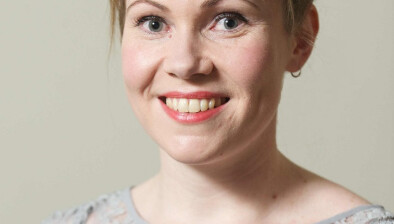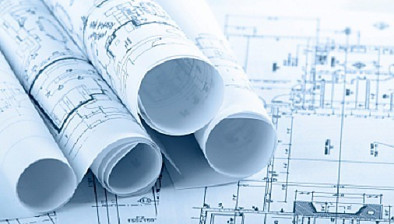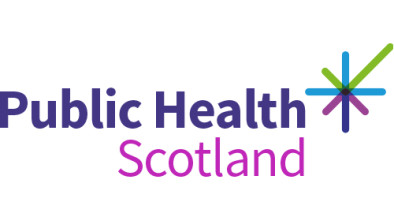Private and social housing tenants ‘less likely to use public greenspace’
Living or spending time in areas that are ‘greener’ is beneficial to health and wellbeing
The link between housing tenure and access to private and public greenspace has been explored in a new report from Public Health Scotland (PHS).
Published on behalf of the Environment and Spaces for Public Health Partnership Group, the report looked at whether there was different access to, and use of, private and public greenspace during the Covid-19 pandemic in relation to housing tenure.
Findings show that private and social housing tenants are less likely to have outdoor space at home and also less likely to use public greenspace. Living or spending time in areas that are ‘greener’ is beneficial to health and wellbeing. Health outcomes associated with exposure to greenspace include lower heart rate, increased physical activity, improved mental health and lower mortality rates. Exposure to greenspace can also aid in recovery from illness and help with management of poor health.
In May 2020, the Environment and Spaces for Public Health Partnership Group was set up to bring together evidence on how our responses to the Covid-19 pandemic affected our environment and spaces, and how people used these spaces, to articulate how this might impact people’s health and wellbeing, and to use this to inform responses to policy and practice.
Knowledge about the relationship between housing tenure and access to, and use of, private and public greenspace during the pandemic was limited. The report examines two national surveys (YouGov/University of Glasgow and PHS CEYRIS), which were undertaken during the Covid-19 pandemic, specifically reviewing findings on access to outdoor space and use of public greenspace for households living in different housing tenures.
Evidence also shows that exposure to greenspace can have significant health benefits for children and young people. Access to greenspace is associated with improved mental wellbeing, better overall health and enhanced cognitive development.
Pamela Smith, head of service at PHS, said: “There is a strong and growing body of evidence that spending time outside has many benefits for our physical health and mental wellbeing. We also know that not everyone has easy access to good quality greenspace and the availability, quality and use of greenspace is unequal.
“This review provides good evidence on the action required to increase provision and use of high quality greenspace and outdoor space to reduce inequalities. Planning and housing policy implementation should consider both the contribution of private and public greenspace to health and providing access to gardens and local high-quality greenspace for new and existing housing.”









